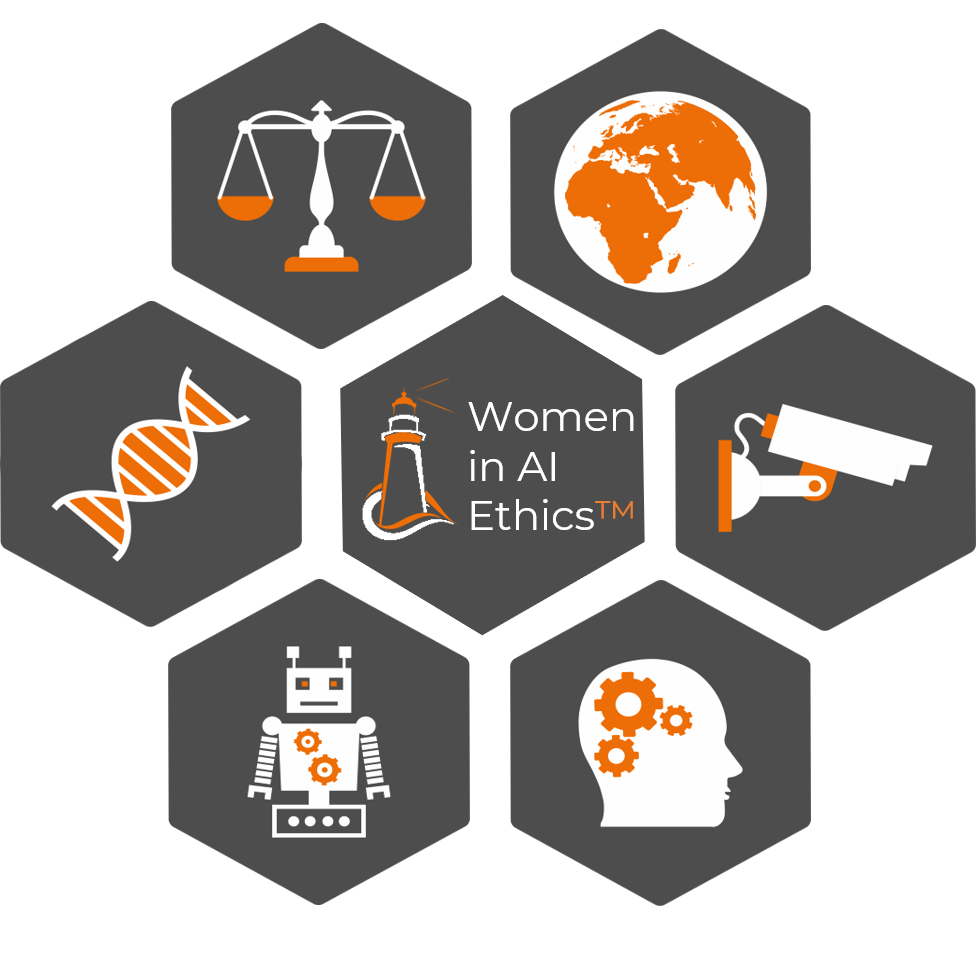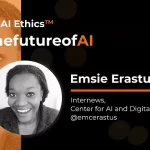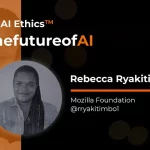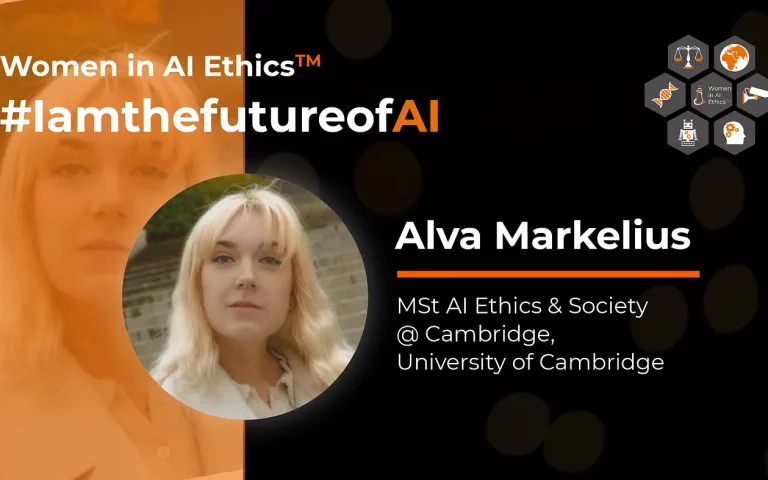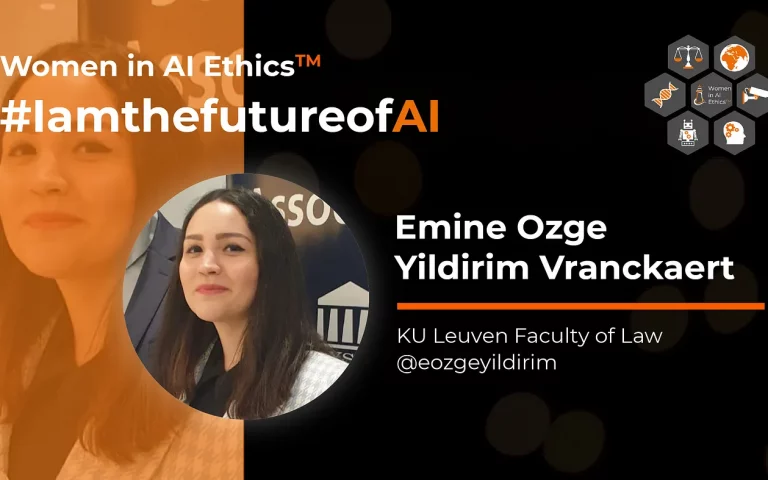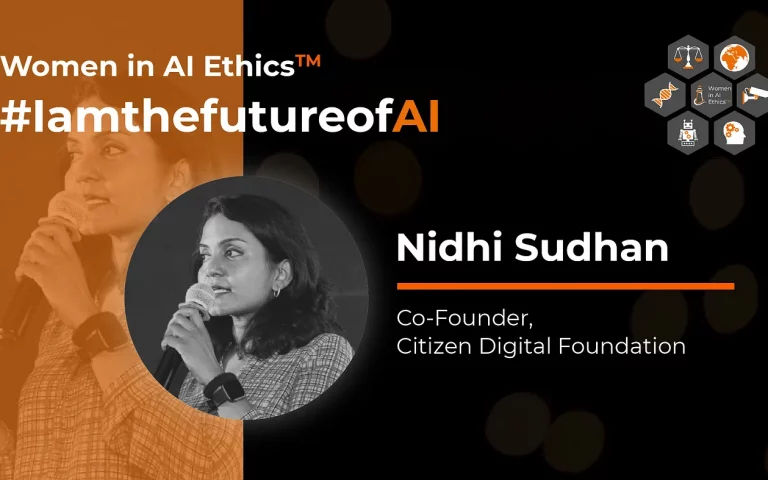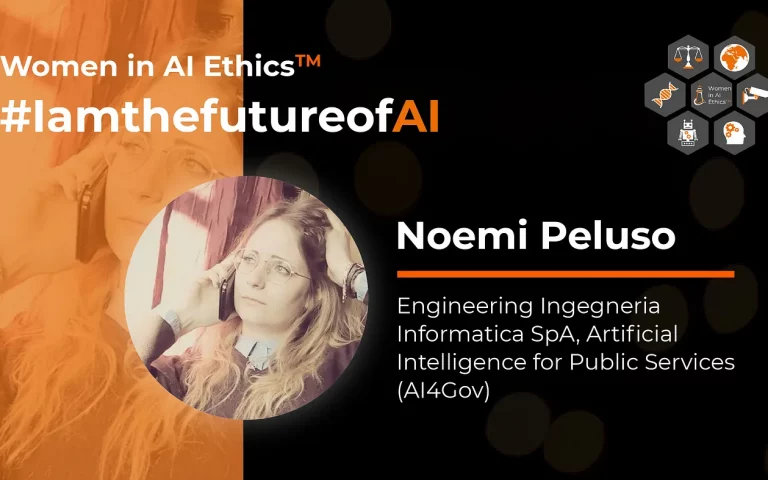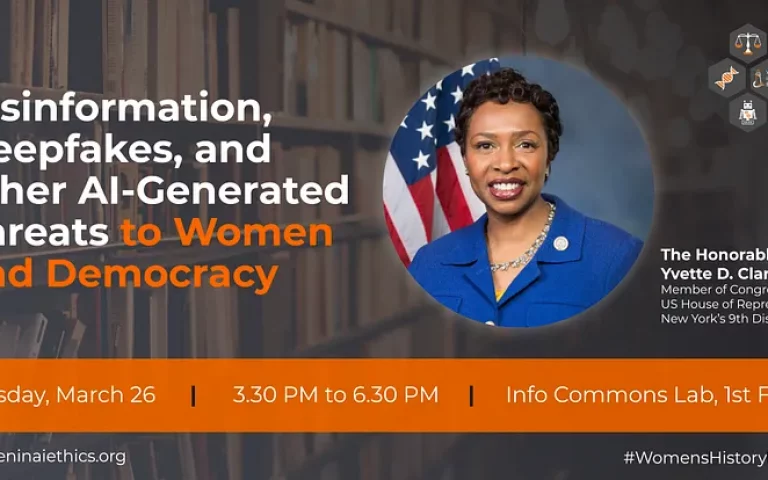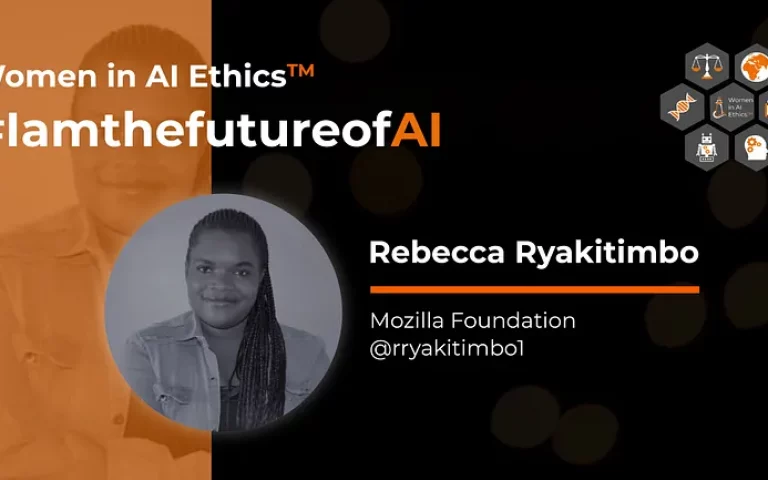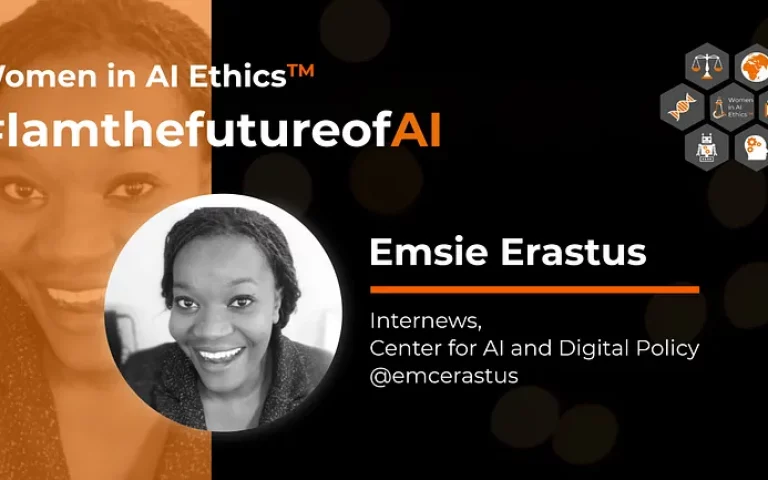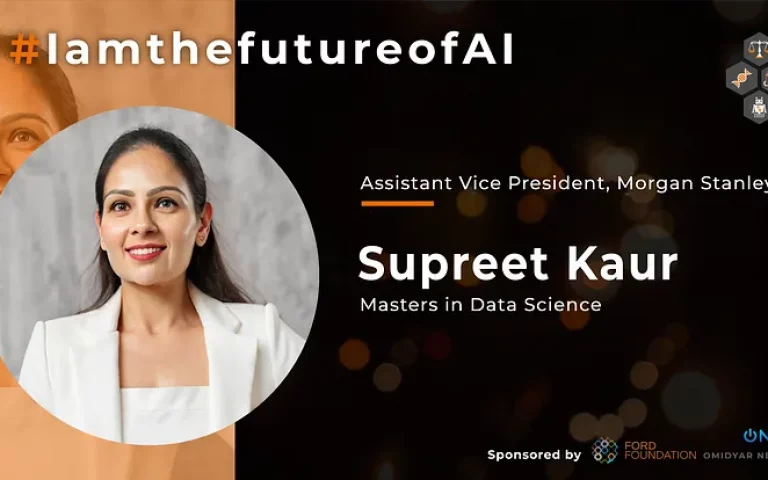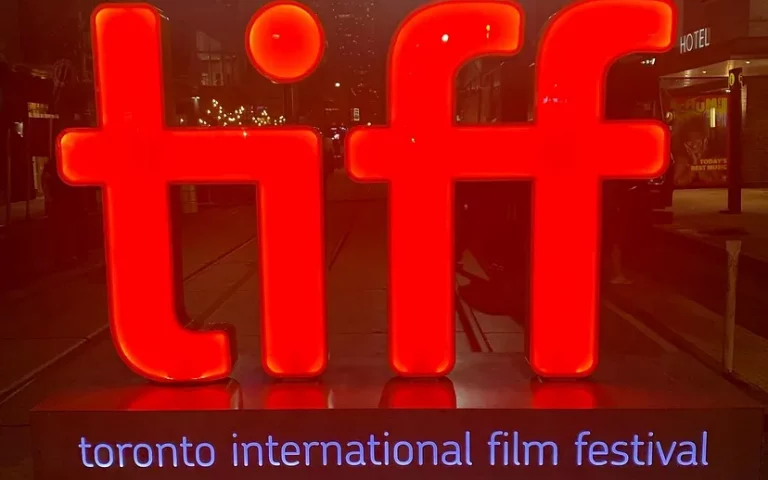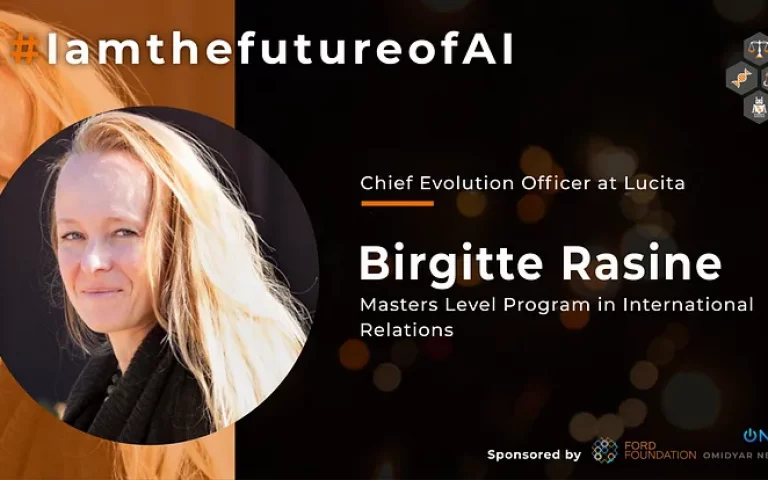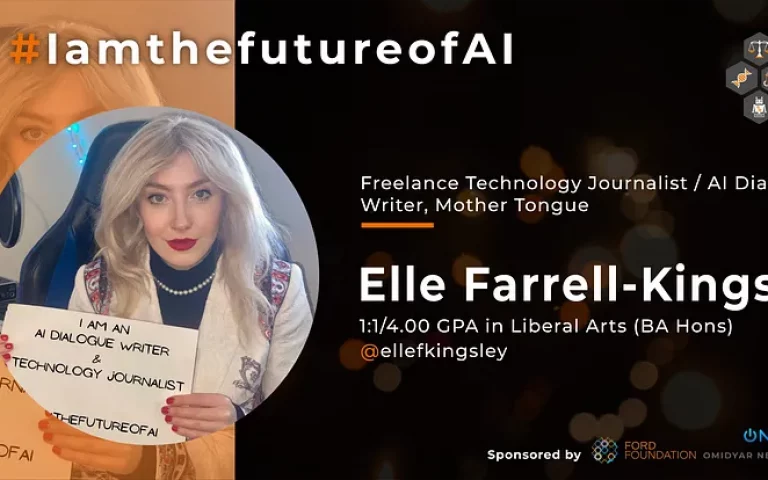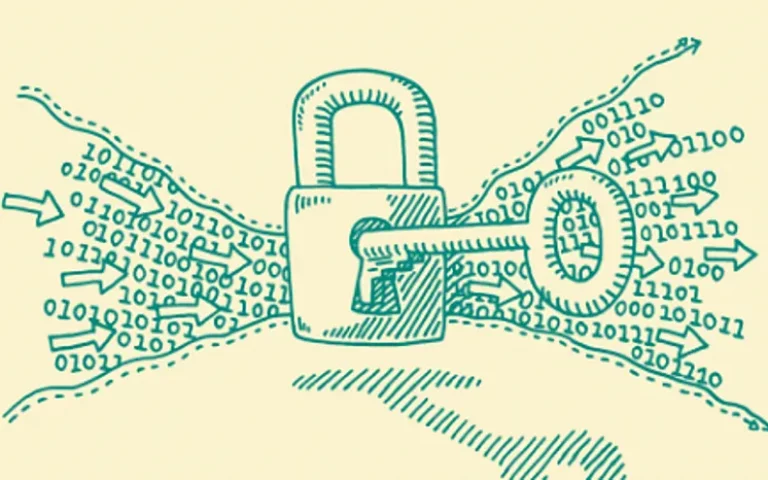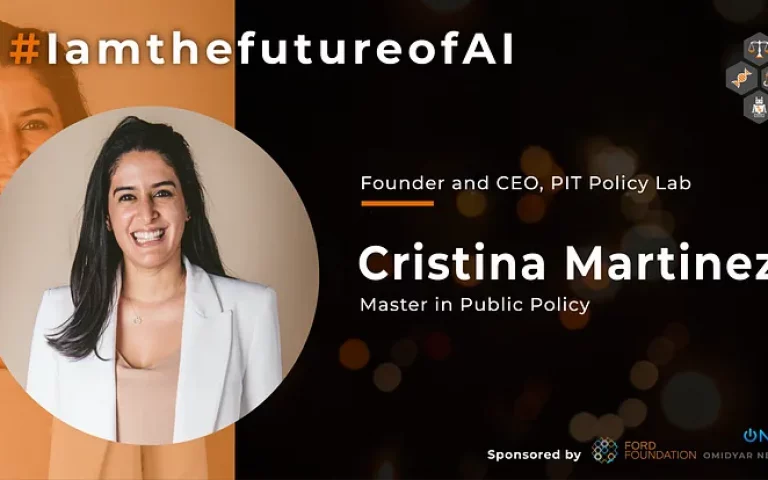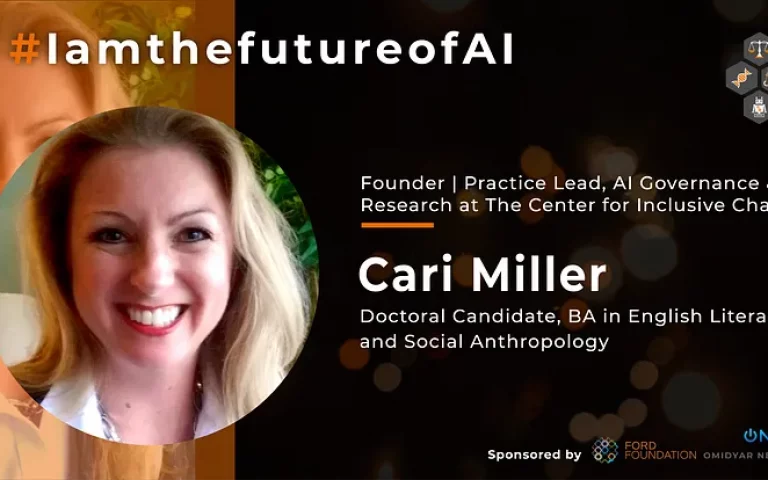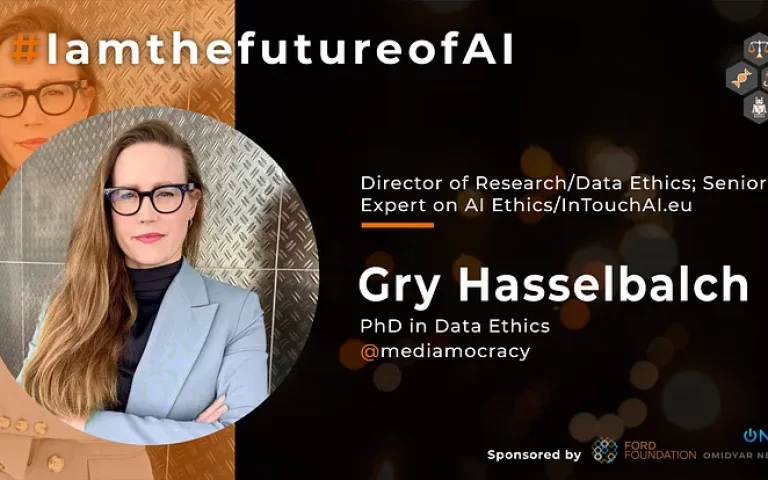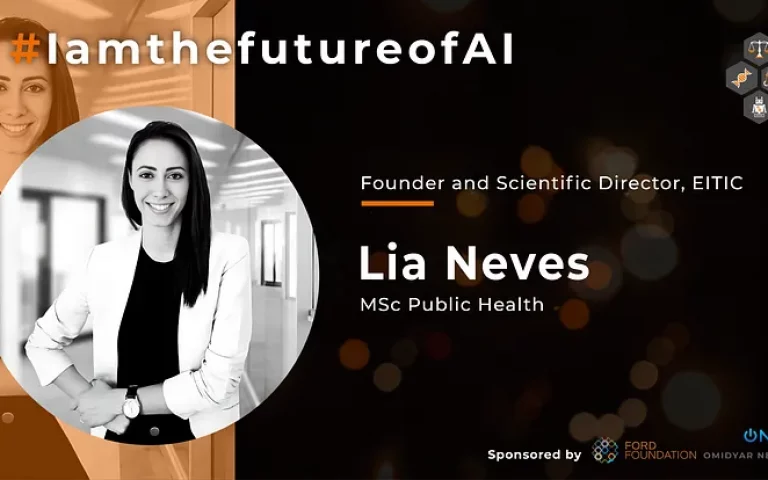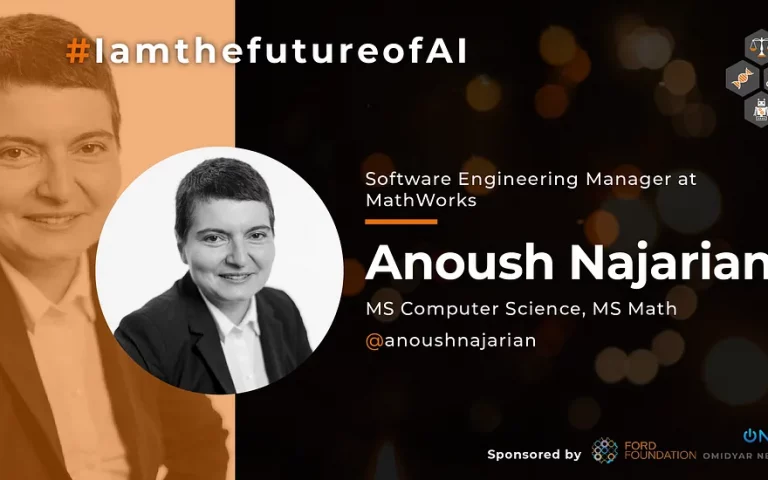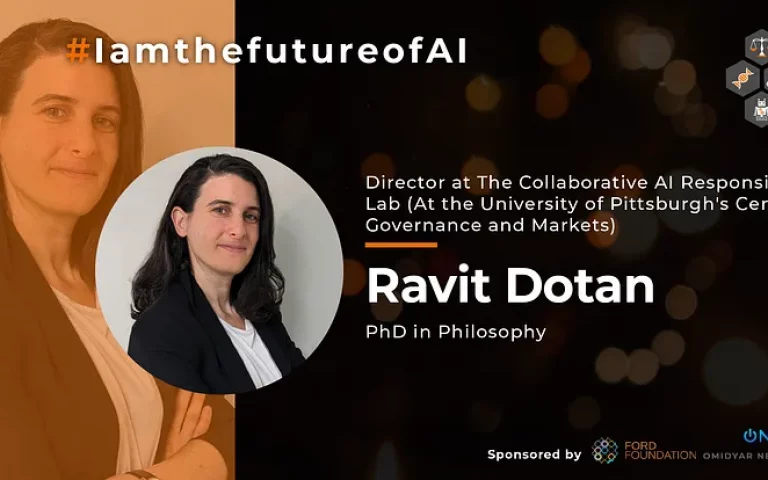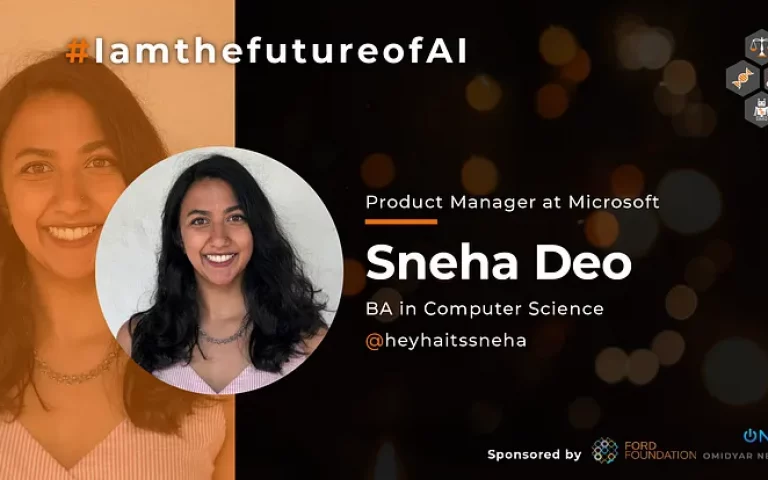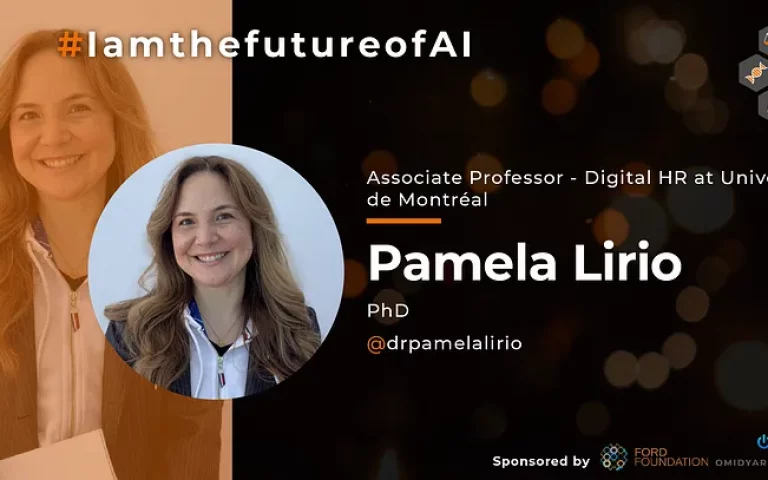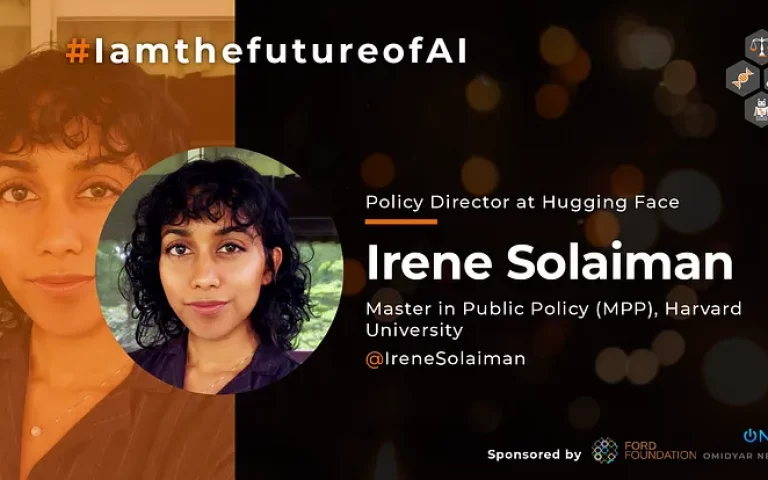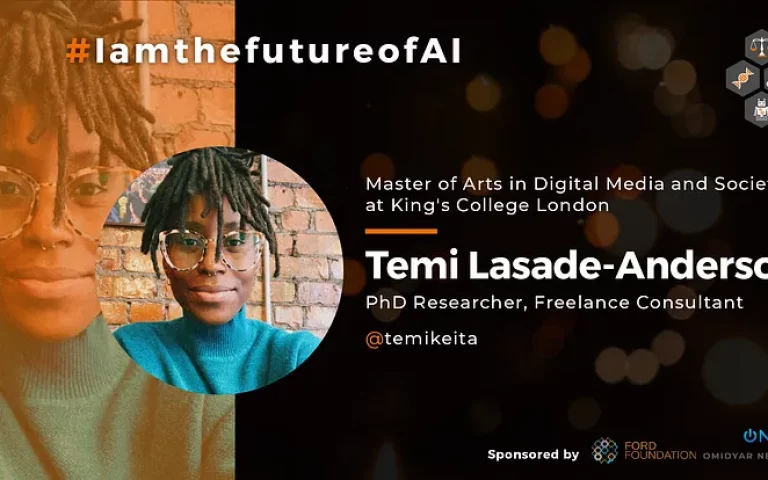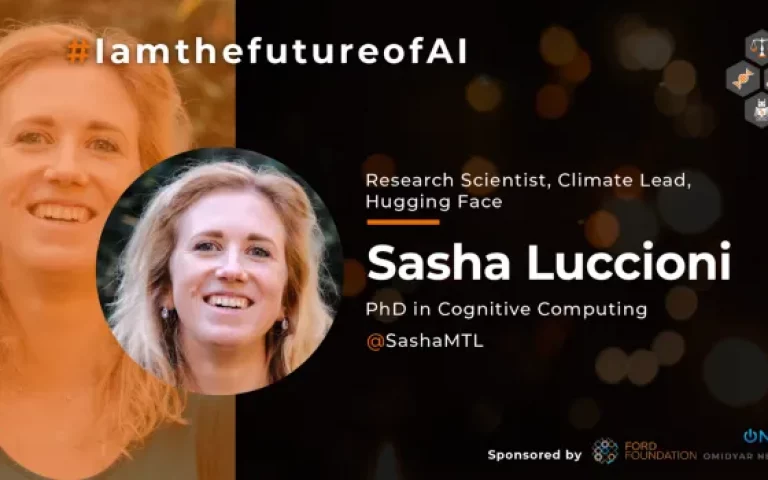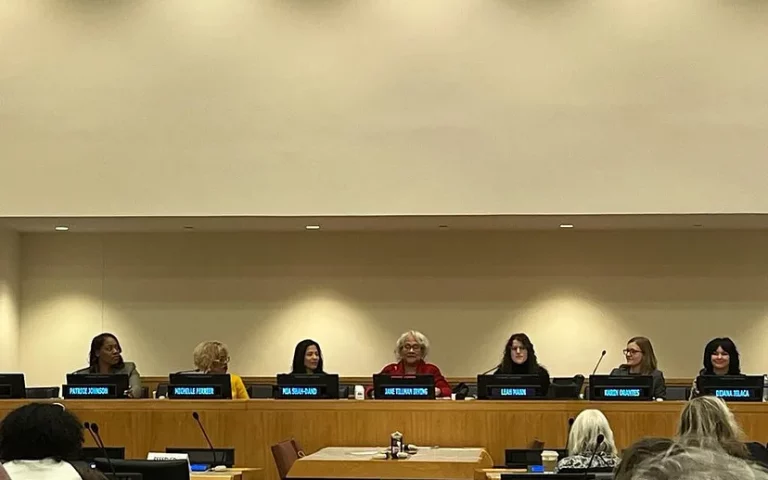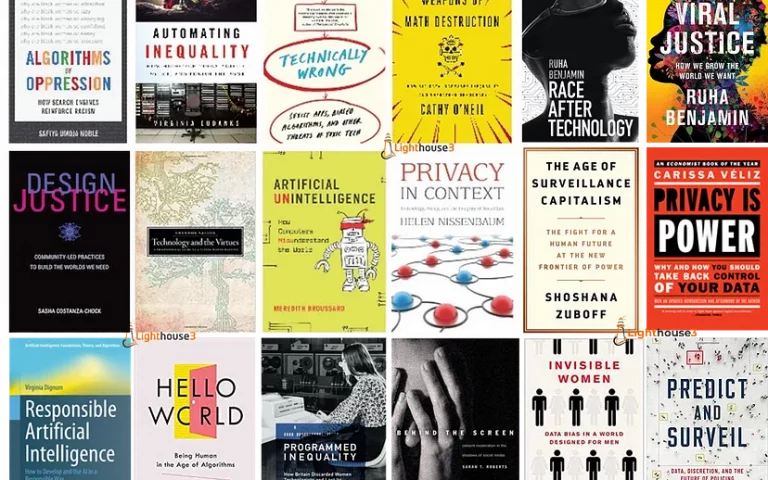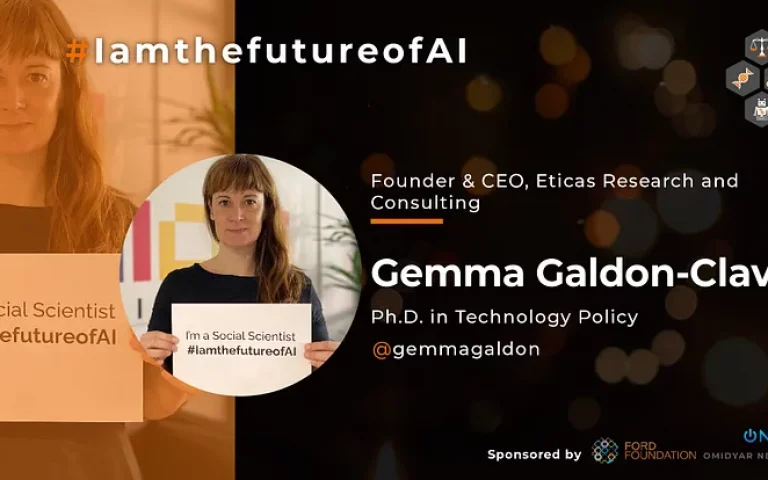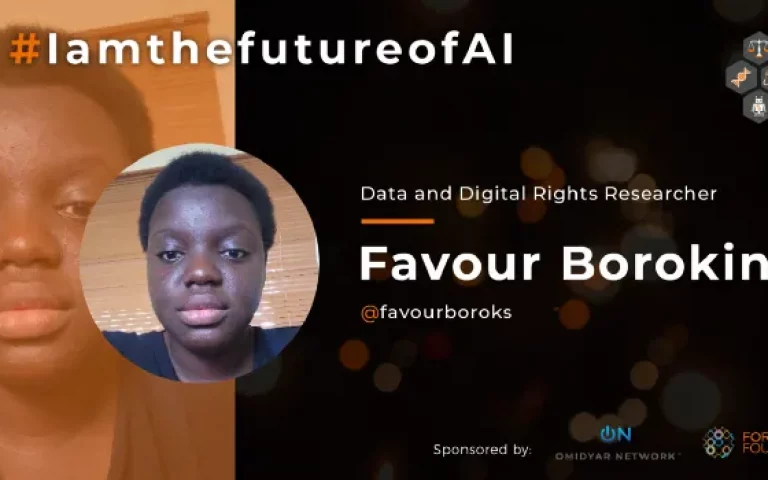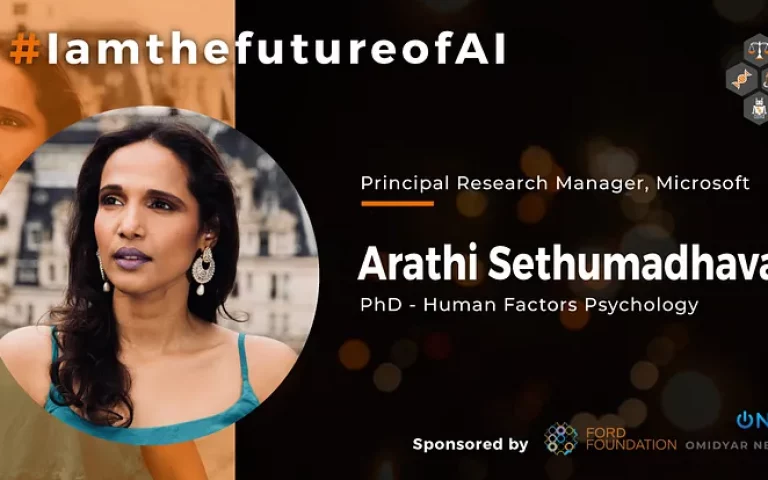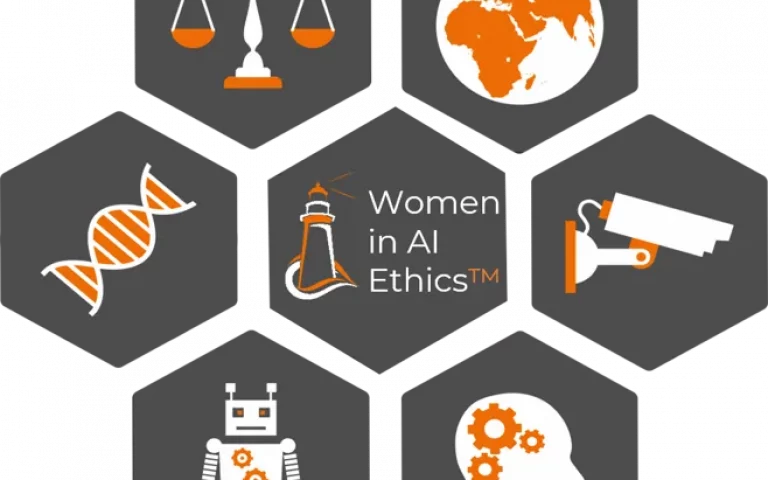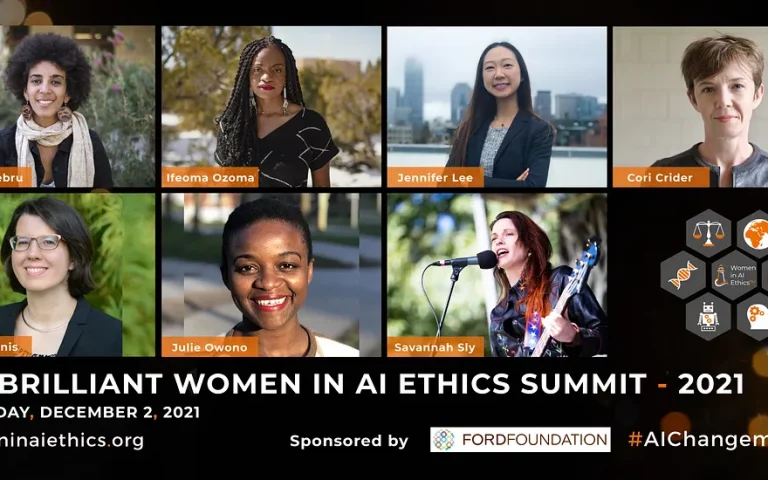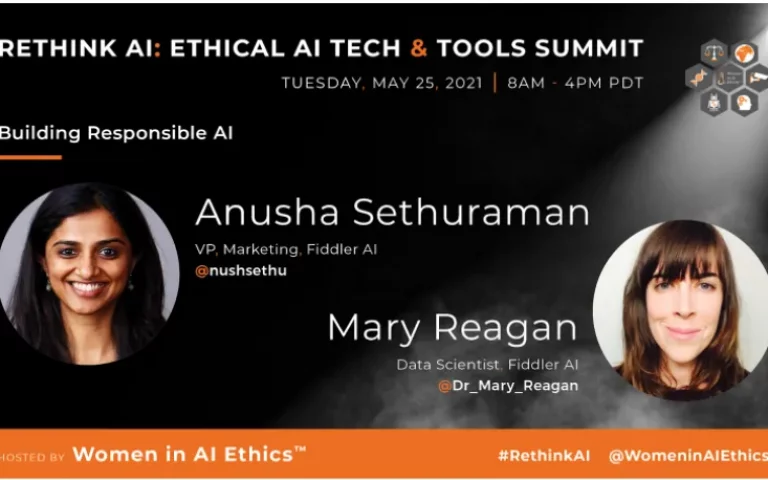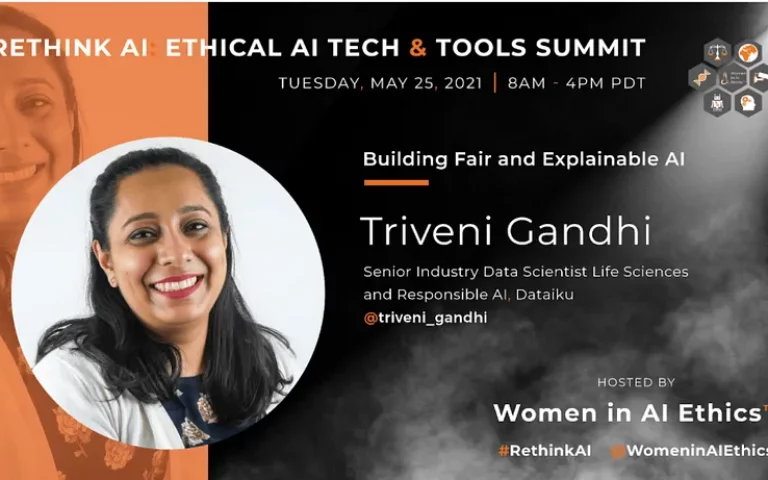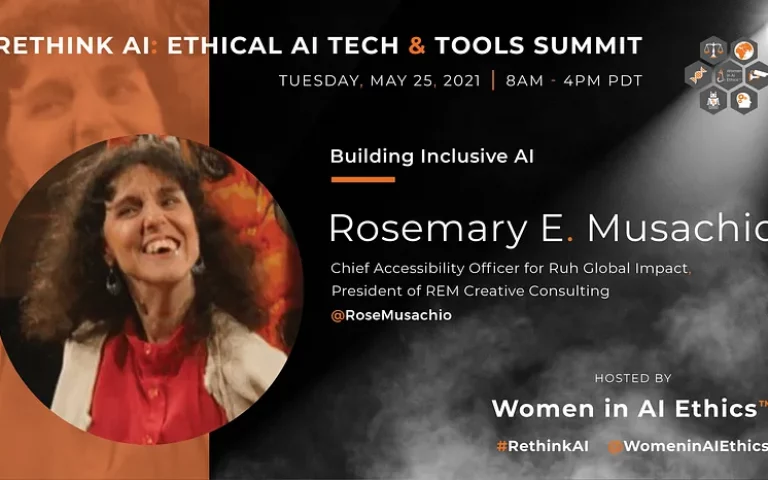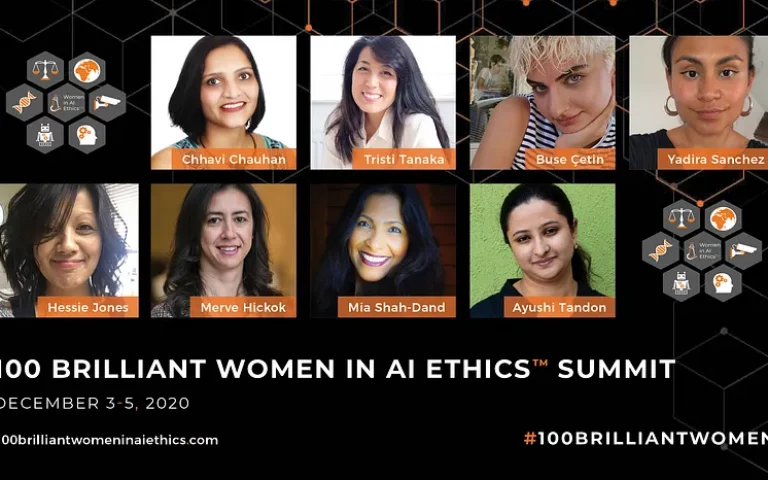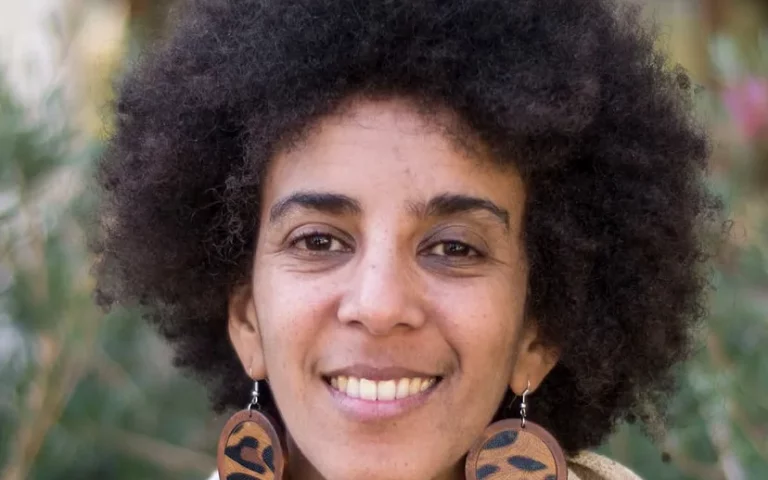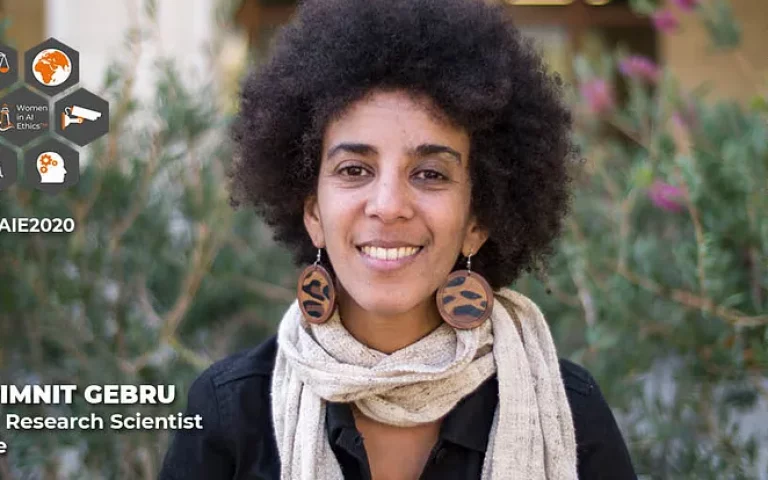This week we share Helen Titilola Olojede’s inspiring career journey. Read about what sparked her interest in this critical space and how she forged a pathway to a successful AI Ethics career.
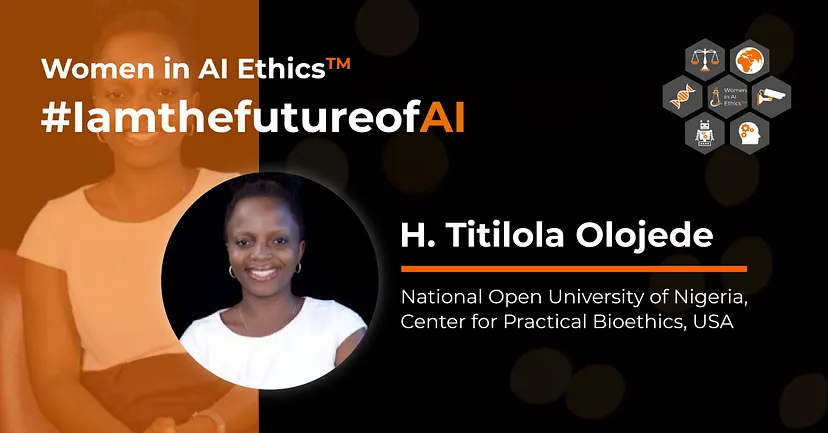
This interview is part of Women in AI Ethics (WAIE) “I am the future of AI” story series, which highlights multidisciplinary talent in AI by featuring inspiring career journeys of women and non-binary people from historically underrepresented groups in tech.
Can you share an incident that inspired you to join this space?
A couple of years ago, I was launching full swing into academia; I subscribed to some groups where various opportunities such as conferences, workshops, postdocs and similar events were posted. I observed that there were torrents of calls on artificial intelligence. It excited me because I saw an opportunity to apply my theoretical and practical knowledge of ethics. Given my moral philosophy and Bioethics background, I knew I could contribute some original ideas to those calls. Thus, I put in and was happy with the acceptance rate. I kept applying, I kept getting accepted, and the rest is history. I noticed certain lacuna in the AI discourse and have ever since been trying to contribute ideas to fill them.
How did you land your current role?
While at the university, I observed that I was always scoring the highest in courses on ethics and the history of philosophy. So, when I wanted to write my dissertation at bachelors and masters I wrote it on ethical issues in invitro fertilisation-embryo transfer and in human biobank respectively. I particularly find courses in Ethics, Ethical theories and Medical ethics interesting and enriching. Based on my interest in ethics, moral philosophy is usually a major focal point in each philosopher I teach in 17th-century philosophy and the history of contemporary philosophy, respectively. Then, I got accepted to be a member of an ethical advisory council on AI and a junior consultant on AI; those two opportunities fortified my interest in AI.
What kind of issues in AI do you tackle in your day-to-day work?
I tackle a variety of critical issues in the realm of AI. 1) algorithm bias, against women especially 2) privacy in education in higher education, and 3) issues of academic integrity, particularly in the use of Generative AI and how its advent has impacted teaching, learning, and assessment 4) privacy and data issues in healthcare
If you have a non-traditional or non-technical background, what barriers did you encounter and how did you overcome them?
I have not encountered any barriers directly. I, however, wish there would be more women in the field to break the gender bias inherent in AI algorithms. I believe if we have more women representation, we would have more data representation and be able to speak up for ourselves.
Why is more diversity — gender, race, orientation, socio-economic background, other — in the AI ethics space important?
They are all not just important but particularly sacrosanct. They are sacrosanct because we must leave no one or group behind. If a section of the populace is left behind in the AI scheme of things, AI would serve less the good of humanity.
What is your advice to those from non-traditional backgrounds who want to do meaningful work in this space on how to overcome barriers like tech bro culture, lack of ethical funding/opportunities, etc.?
I believe the sky is enough for everyone to fly. Find a niche, and fill it. Start from your standpoint. AI is not just techy; it needs a human face. The benefits of AI are universal and permeate every aspect of our lives; this is part of the reason AI defies known tradition
In the realm of Research, Teaching, and Non-Profit Organization, Helen has excelled, showcasing expertise in curriculum development, E-learning, instructor-led training, and Training Facilitation. As a member of professional associations such as the Political Philosophers Association of Nigeria and the Association of Professional Philosophers of Nigeria, she remains deeply engaged in her field. Connect with Helen on LinkedIn.
Sign up for the Women in AI Ethics mailing list to stay connected with this community of AI pioneers, experts, and emerging talent.
